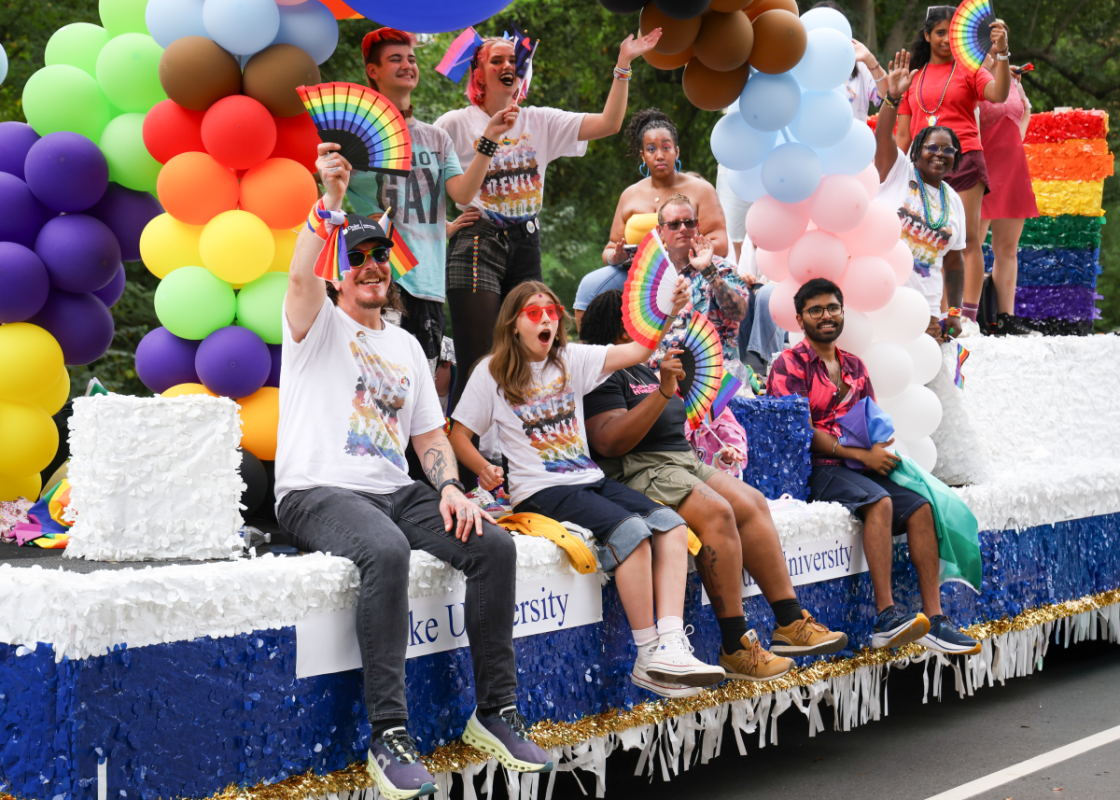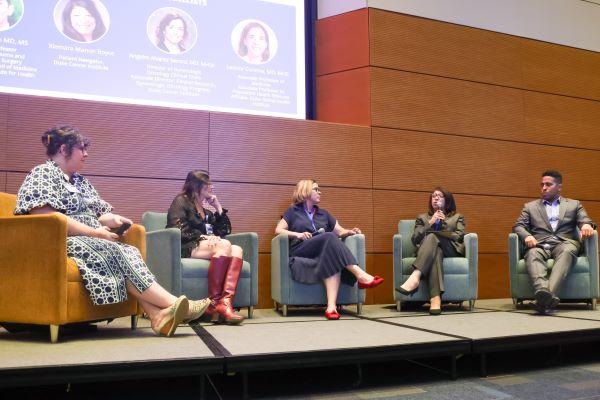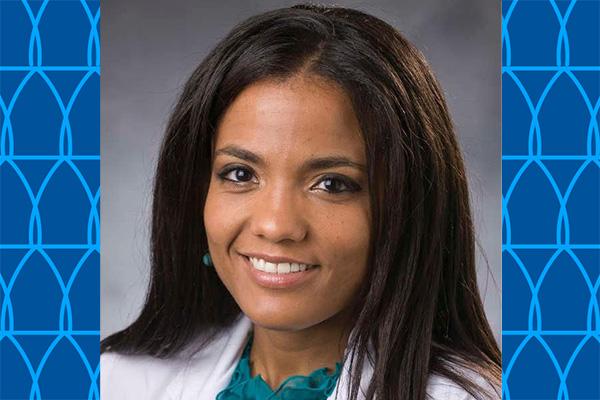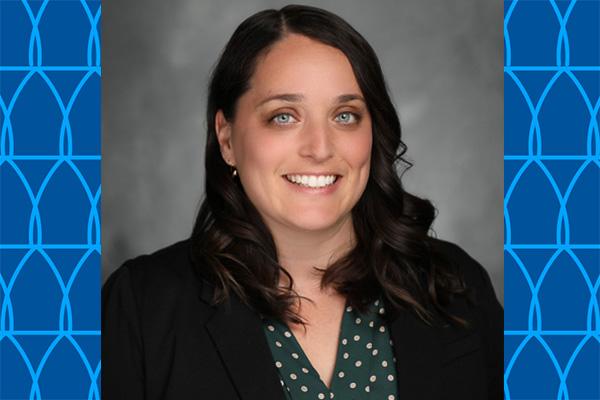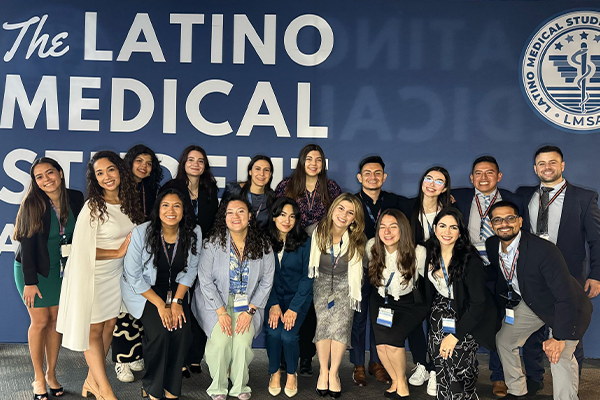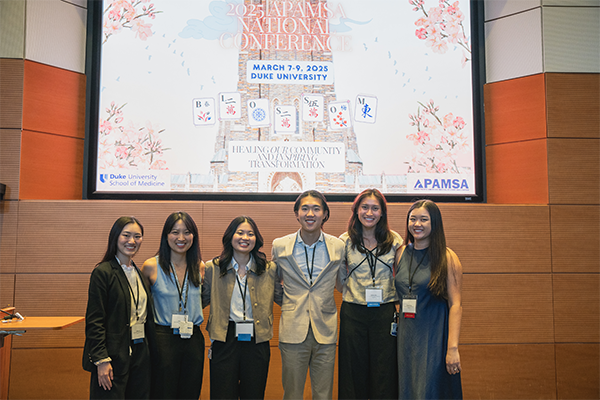Lauren Brinkley-Rubinstein, PhD: Documenting the trauma of incarceration
Lauren Brinkley-Rubinstein, PhD, an associate professor in the Department of Population Health Sciences at Duke, focuses on how the trauma of incarceration — whether from flooded cells during climate disasters or the “extreme deprivation” of solitary confinement — shapes people’s health long after release.
Empowering students to lead financially
In 2021, Tiffany Adams, PT, DPT, MBA, PhD, and Tomeico Faison, OTD, OTR/L, FAOTA, partnered to create an initiative to empower future health professionals with skills to make informed financial decisions.
BOOST in 2025: Inspiring the next generation of STEM leaders
Student’s journey highlights a transformative year for BOOST, a program designed to excite young people about science and inspire careers in medicine and related fields.
Danny Benjamin, MD, PhD, MPH: Expanding clinical research in rural communities
For most of rural America, access to clinical research addressing rural health is extremely limited. As a leader of a program designed to develop future researchers through hands-on experience and mentorship, Danny Benjamin, MD, PhD, MPH, is working to address this shortage.
Duke Health and Durham Celebrate Pride with a Weekend of Community and Wellness
The Durham community came together to celebrate “Pride: Durham, NC,” a three-day festival hosted by the LGBTQ Center of Durham. The event brought together several groups from Duke, local residents, and others for a celebration of identity and community.
Hispanic Heritage Month: Honoring Legacy, Innovation, and Advocacy
Stories of resilience, innovation, and advocacy took center stage at Duke during the third annual ¡DALHE! Hispanic Heritage Month Celebration held on September 22.
Liza Genao, MD: Teaching Medical Spanish for the Benefit of Patients and Students
As a provider who primarily cares for patients living with dementia at the Duke Geriatrics Evaluation and Treatment Clinic, Liza Genao, MD, understands how important it is for patients to feel understood and seen. That understanding motivates her to teach medical Spanish to future doctors.
Creating a Culture of Belonging Through Faculty Development
As director of educational programs in the School of Medicine’s Office for Faculty, Jessica Schonberg, M.Ed., designs seminars that give faculty a chance to come together with their peers and discover new ways to make a meaningful impact at work.
Latino Medical Student Association Gathers at Duke for Regional Conference
For the first time in more than two decades, Duke University School of Medicine hosted the annual Latino Medical Student Association (LMSA) Southeast Regional Conference. Over 250 students, residents, and faculty members from universities across the Southeast came together for the student-coordinated conference held March 14-15.
Duke Hosts Asian Pacific American Medical Student Association National Conference
Duke University School of Medicine served as host of the 2025 Asian Pacific American Medical Student Association (APAMSA) National Conference earlier this month, marking the first time Duke has hosted. More than 400 students, speakers, volunteers, and sponsors came together from around the country for the student-driven event, which was held March 7-9.
During the conference, Duke’s Chapter of APAMSA was named Chapter of the Year and Best Chapter in Advocacy.




